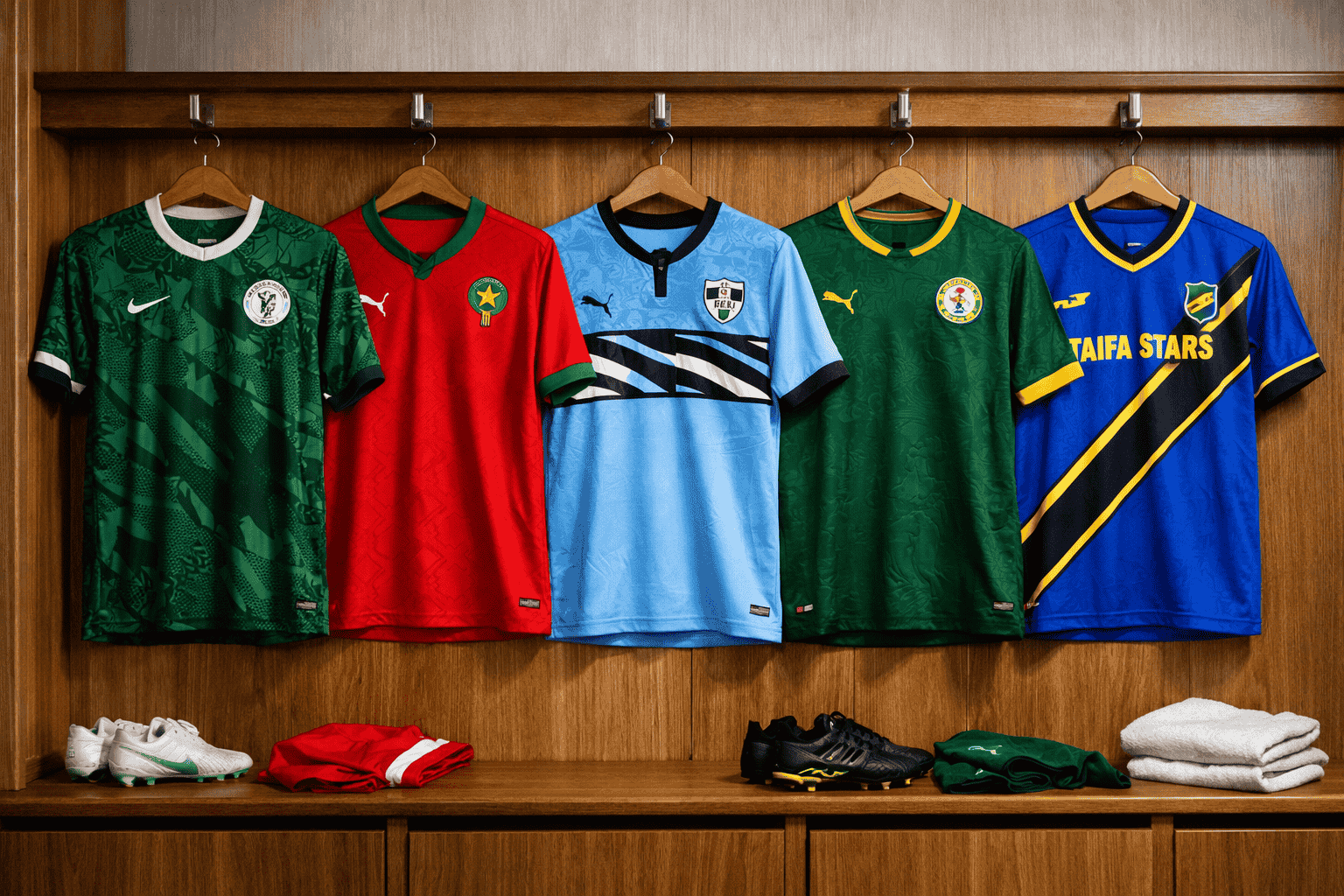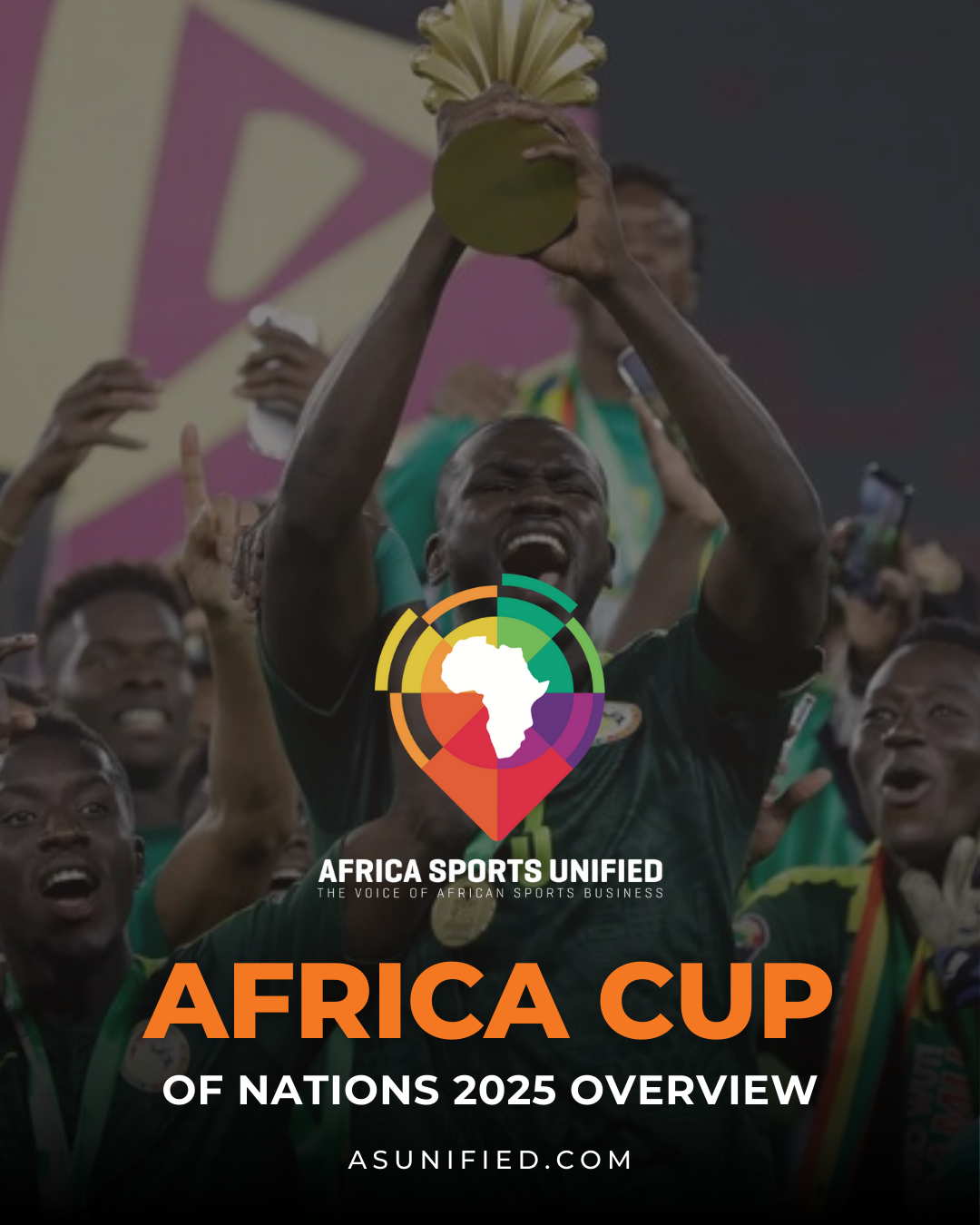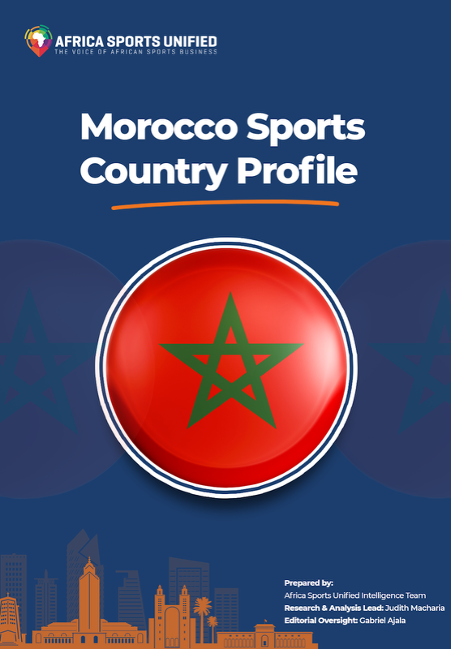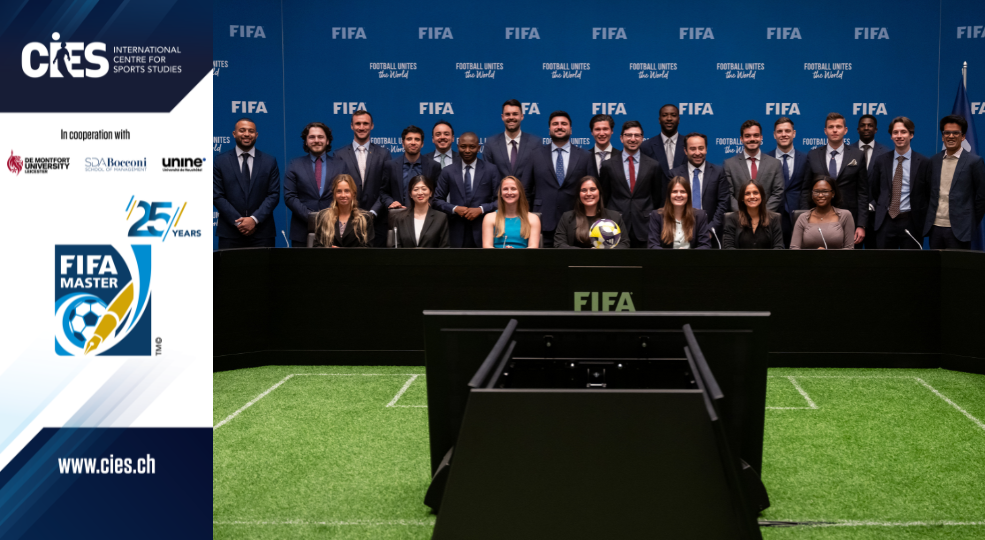Summary: FIFA Forward Global Report on Development Activities (2016 - 2022)
Gabriel Ajala
November 29, 2023

This article is a summary of the FIFA Forward Global Report on Development Activities between 2016 - 2022. This article will provide an overview of the report, key analyses between Federations and a deep dive into the current state of affairs in African Member Associations
Introduction
FIFA have released a report on the impact that FIFA Forward has created for all the 211 Member Associations between 2016 - 2022.
The FIFA Forward Development Programme was created to make available funds ($2.8bn to be exact) for 211 Member Associations, Confederations & various Regional Associations to contribute to global football development.
If invested correctly, this can allow for more people to shine in a competitive environment which boosts growth. Further, this means areas like edUcation and training capacity increase for coaches, referees and sectors like IT and the media as well are able to grow due to the trickle effects of the boost from FIFA.
General Outlook
20% of the amount of FIFA Forward Funds since 2016 has gone into Confederations & Zonal / Regional Associations and 80% has been invested into Member Associations. During the first two cycles of FIFA Forward, more than 1600 projects with long-term impact dealing with football development were approved. 524 projects were related to football infrastructure, with a large proportion touched on technical centres and stadiums etc. Additionally 190,622 persons directly benefitted from expansing education and training capacity for coaches and referees to have structures in place for their benefit.
'FIFA's investment is aimed at ensuring a perpetual step forward for the greatest game of all.'
Case Analysis & Conclusions
After reviewing the report, a few conclusions may be drawn. To begin with, it is encouraging to lean that the appropriation of money has been wisely invested, with multiple achievements across different countries and continents underlining how large the success of FIFA Forward has been thus far. Funds have been invested and the FIFA administration appears to have adopted a "hands on" approach to ensure that all projects are completed.
Further, this can be best expressed by FIFA Secretary General (Ad Interim), Mattias Grafstrom, who described FIFA Forward as a 'partnership' between FIFA, members, Associations, Federations worldwide in order to '...better understand an support their needs from grassroots to elite level.'
This neatly leads into a suggestion on how each of the Confederations and later Federations allocate the majority of their money. According to the report, the Asian Football Federation (ACF) spent $59.4m of the total entitlement from FIFA Forward on competitions, while little to no money was spend on capacity building and development initiatives. Similarly, the Confederation of North, Central America and Caribbean Association Football (CONCACAF) had a similar investment disposition, with $42.9m of the $90m total entitlement being invested in tournaments and $18.1m spend towards Women's Football.
Focus on CAF Members
In contrast, The Confederation of African Football's (CAF) total entitlement weighed more towards Zonal Associations, Competitions and Capacity Development. In some ways, this is foreseeable; more investment will be required to establish strong foundations in a number of African countries before they can compete consistently at the highest levels. It is vital to emphasise that the FIFA Forward project has been responsive in assisting each nation's development critical sectors, as opposed to a blanket support. One sizes does not fit all, and one investment proposal does not suit all.
Of the actual FIFA Forward funds used, the majority was in developing new infrastructure which focused on stadia, technical centres and playing surfaces.
The 2 areas least invested amongst CAF Members:
- Women's Football = $22.8million
- Capacity Development = $19.2million
The recent outstanding performances of the African Nations at the 2023 Women's World Cup, despite the relatively low investment, may encourage the Member Associations to increase their investment into Women's Football. Mauritius and Morocco provide excellent examples of FIFA Forward funds being invested towards Women'd Football. Mauritius hosted the inaugural COSAFA U17 Women's Championships, whilst Morocco have developed a solid league and teams.
The 2 areas most invested amongst CAF Members:
- Infrastructure = $121.2million
- Administation & Governance = $116.1million
Percentage of Countries to have 100% of their Funds approved: 20%
Egypt, Congo, Djibouti, Algeria, The Gambia, Mali, Mauritania, Morocco, Somalia, South Sudan, Uganda.
Case Studies
Kenya
Kenya are looking to become regulars at the Women's African Cup of Nations. With this goal, the Football Kenya Federation (FKF) used funds to organised a Premier League & a Division 1 League to encourage more Kenyan women to get involved in Football and produce more top talent for the nation. With the help from FIFA Forward, the Federation received the necessary help to establish these leagues, medical services, provision of equipment and ability to pay match officials for 32 games.
Morocco
Another example of a nation that is looking to grow ans establish a competitive Women's Football League. After the delays caused by the COVID-19 pandemic, the Moroccan Football Association used over $500,000 of FIFA Forward funds to support the development of the league, focusing on football education, infrastructure and payment for the players. The fruits from this investment are evident. The Moroccan Women's National Team came 2nd at the 2022 Women's African Cup of Nations and secured their first ever qualification to the 2023 Women's World Cup, reaching the round of 16.
Maldives
FIFA Forward funds were used to construct a football complex in the capital city, Maafannu area of Male that can be used by the citizens to enjoy football - for both spectators and players. Other advantages include that the new facilities support administrative support and allow individuals to develop their technical abilities. The Federation will continue to work towards developing the youth leagues and generate revenues that would be recycled back into the Federations goals and objectives.
You can Read the Full Report
Related Posts




